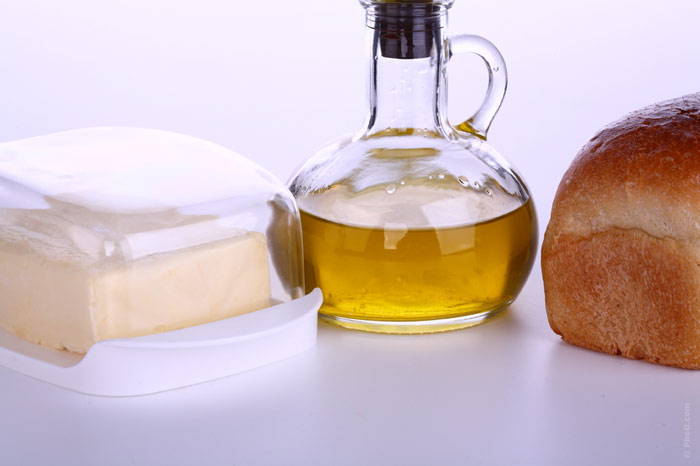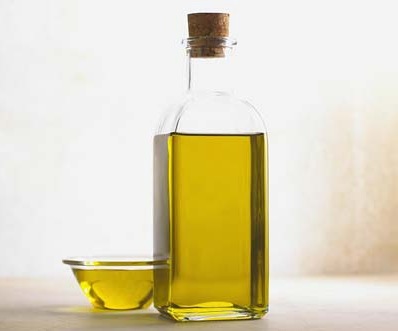Palm oil has long been called the main enemy of human health and the most dangerous ingredient in food products. But is everything that is said about this product really true? Spoiler: this is far from the case.

Despite the fact that palm oil appeared on the mass market around the 1960-1970s, disputes about its harm and benefits still continue. At first, this exotic product was in great demand and then it began to be massively slandered, and only in the last few years, people have begun to wonder where the lies begin and end. In our material, we debunk the main myths about palm oil.
Myth #1: Palm oil is synthetic
Palm oil is a natural product extracted from the fruit of the oil palm. It is of vegetable origin, just like its counterparts, such as coconut oil, cocoa oil, shea butter, macadamia butter and many others. It can be eaten or used in cosmetic manufacturing.
The main feature of this product is that it is multifunctional, but at the same time cheap. Therefore, it is found everywhere.
Myth #2: Palm oil is a harmful new-fangled notion
To begin with, high-quality palm oil has been used for centuries. It has been known since the time of the pharaohs in Egypt. In Africa, it was part of the national culture long before the Europeans discovered America.

Then it “migrated” to Southeast Asia and Latin America, and everyone happily consumed it and was happy there.
But it’s time to draw attention to the following fact: we are talking about a real natural product extracted by hand rather than about a synthetic surrogate.
Myth #3: Palm oil is always the same and always of poor quality
It is important to understand that palm oil can be different. The best kind of this product is freshly squeezed red palm oil extracted from the pulp of the oil palm fruit. It is rich in provitamin A and vitamin E and contains large amounts of antioxidants and good fats.
It can cut the risk of thrombosis, reduce blood cholesterol levels, lower blood pressure, promote the production of enzymes, and even strengthen the immune system. However, you need to understand that it is difficult to find real red palm oil in its original form, like any other high-quality product, and it costs a lot.
The second and more common kind of palm oil is palm kernel oil, made from oil palm kernels rather than from the fruit. It also has good quality, but it is already less useful. After processing, the product loses most of its benefits, suddenly drops in price and is sold out much more massively.
Myth #4: palm oil is bad for your health

Let’s be honest: high-quality natural products cost a lot, and if a manufacturer wants to produce goods that most buyers can afford, he will have to find cheap ones.
The trick of the fourth myth is based on this: expensive animal and vegetable fats are replaced by cheap refined palm oil in the production of sweets, baked goods and confectionery products, chocolate and its derivatives, various semi-finished products and even dairy products.
It will take about five liters of milk to make just one pack of natural butter, which is very expensive. But if you partially replace animal fat with a vegetable analogue, it will be cheaper. Or, let’s say, chocolate. Who would buy a bar of chocolate for $13 every day instead of $3 just because it doesn’t contain palm oil? It is not for everyone. We don’t even have to talk about cosmetics. At least we don’t eat it.
However, even considering the relatively low quality, the harm from low-grade palm oil lies not so much in the oil itself as in the incredible amount of junk food consumed daily. We consume kilograms of onion rings, donuts (yes, frying oil is most often palm oil), buns, cakes, pastries, chocolates, and sweets and it leads to high cholesterol, vascular problems and obesity.
Myth #5: to be healthy, you need to stop consuming palm oil

In fact, you should not give up oil, you should give up bad habits. For example, you eat fatty unnatural yogurt with sweet additives, sandwiches with white bread, or sugar-glazed cereal in the morning.
On the way to work, you take coffee with syrup, in the office you eat some biscuits and a few candies, in the evening you enjoy a cake or other dessert – and now the result is already evident. The “fault” of palm oil is not that it is supposedly terribly harmful, but that we eat too much of everything that contains it.
Seemingly insignificant everyday “little weaknesses” affect our health and the quality of life in general. Each extra kilogram is an additional load on the heart, blood vessels, joints, and spine. These are future hypertension, coronary heart disease, spinal hernia, kidney and liver stones, thrombosis, diabetes mellitus, arthrosis, thrombosis, and a bunch of other problems.
That is why, be sure to pay attention to both the food itself, how much you eat, and how much you move.










